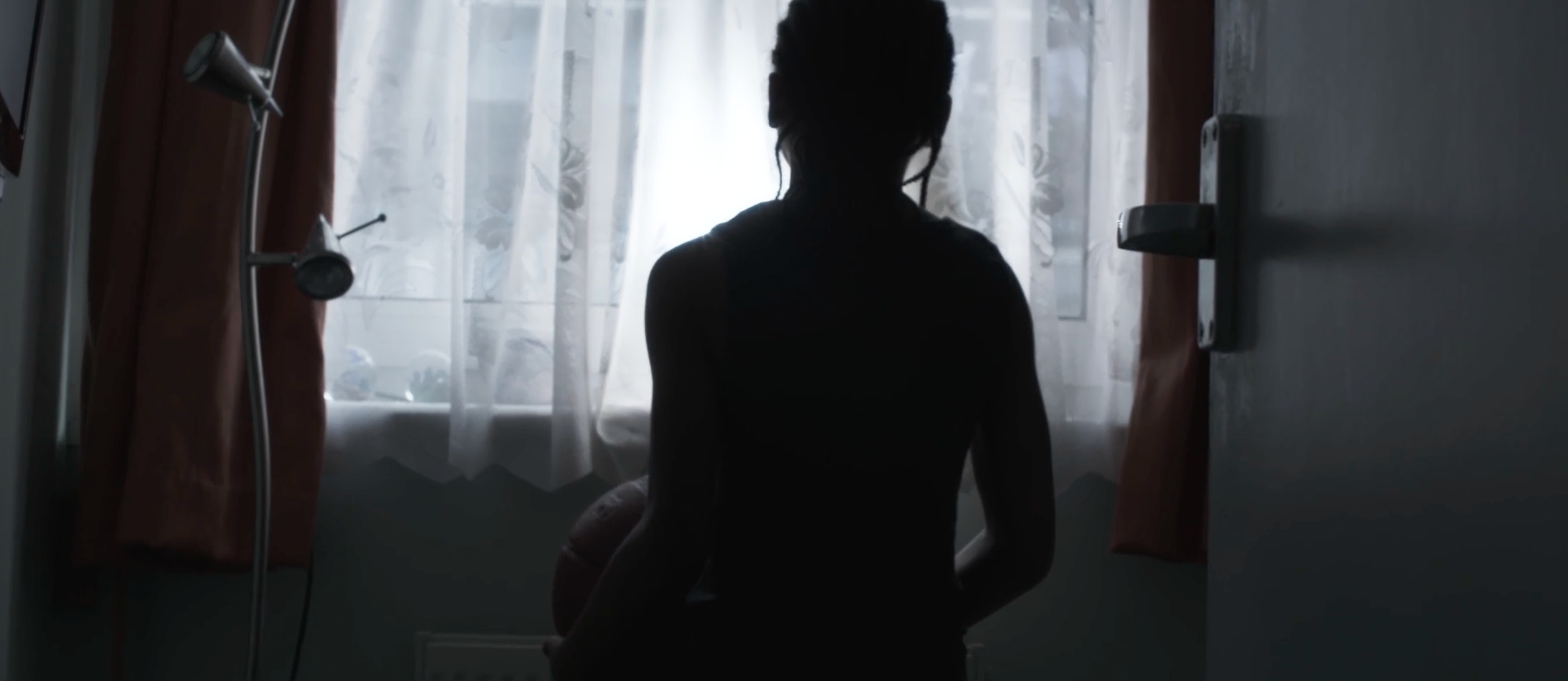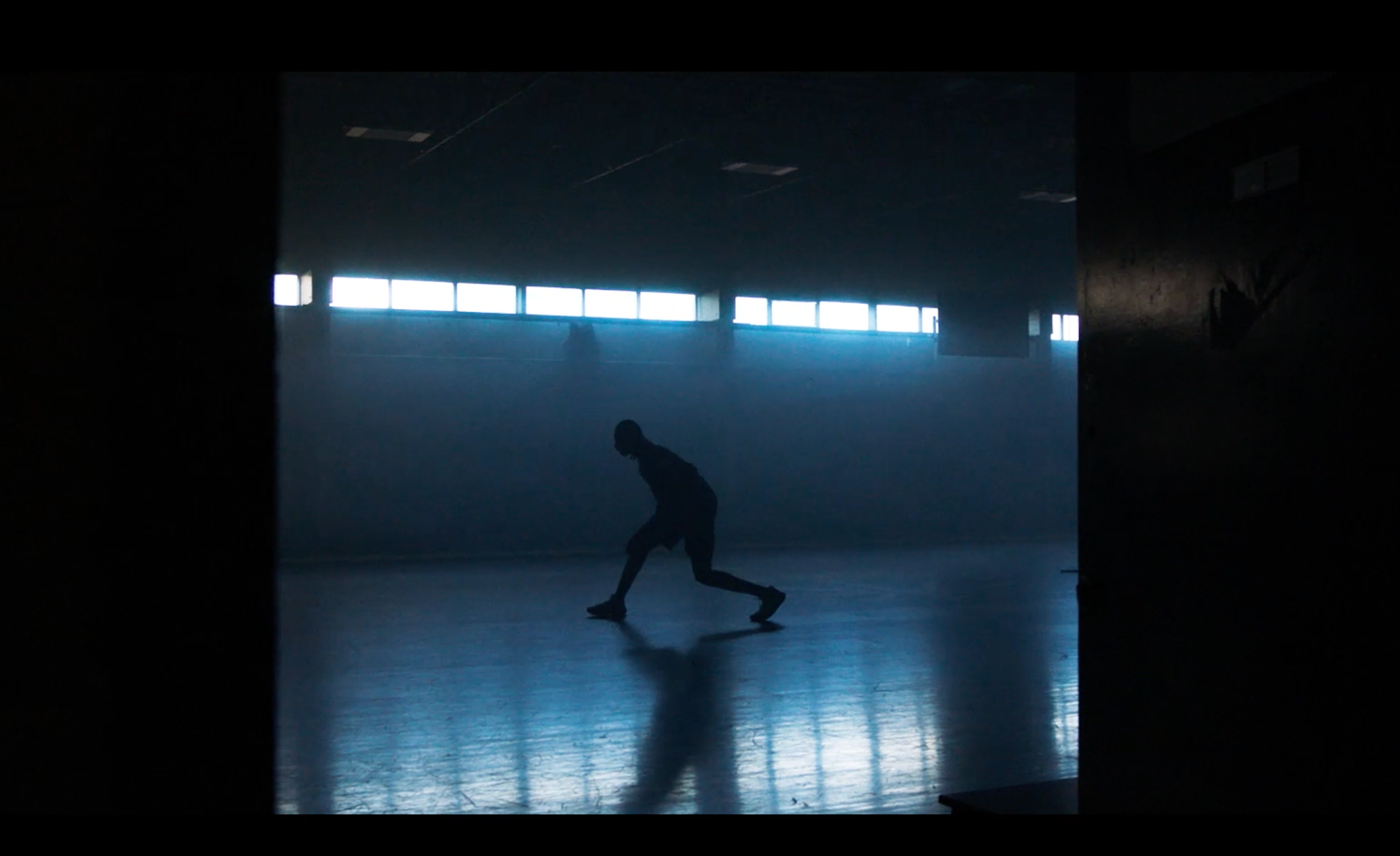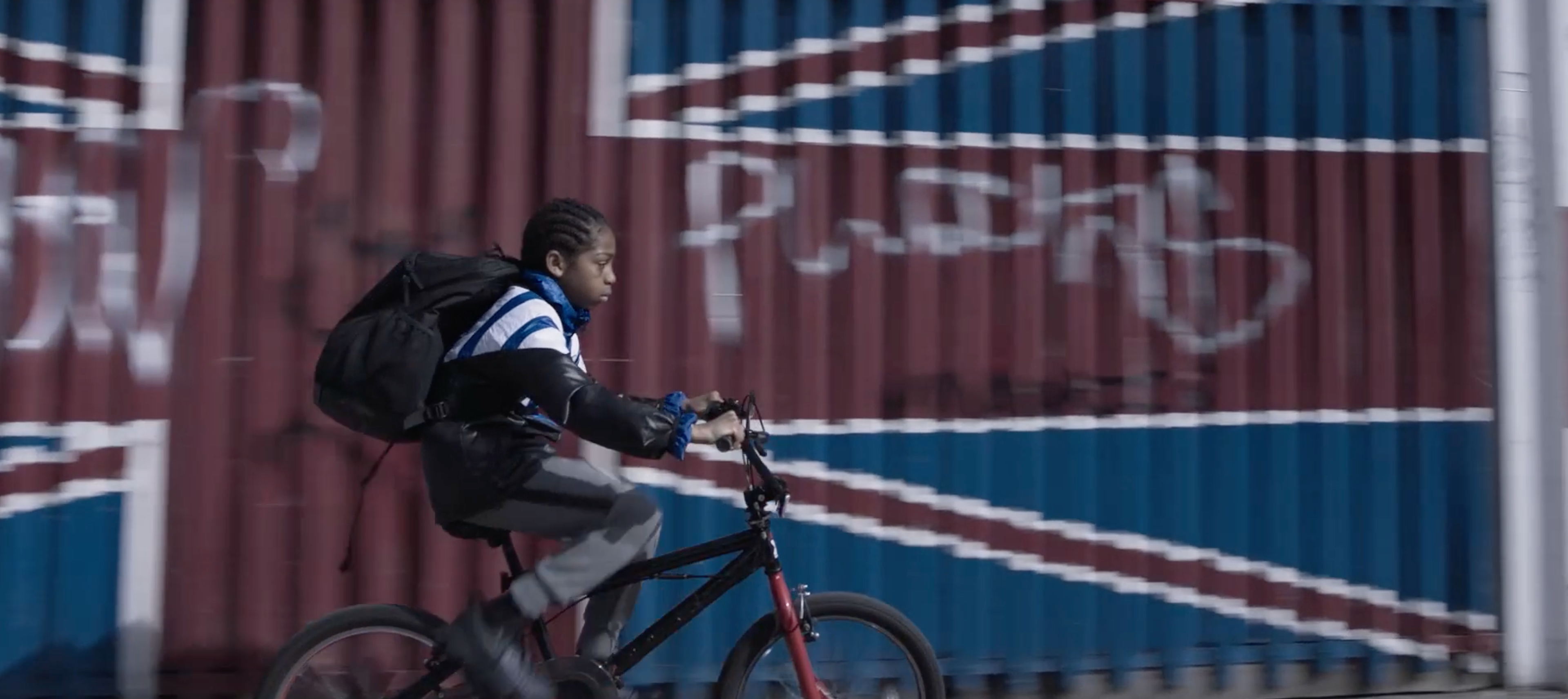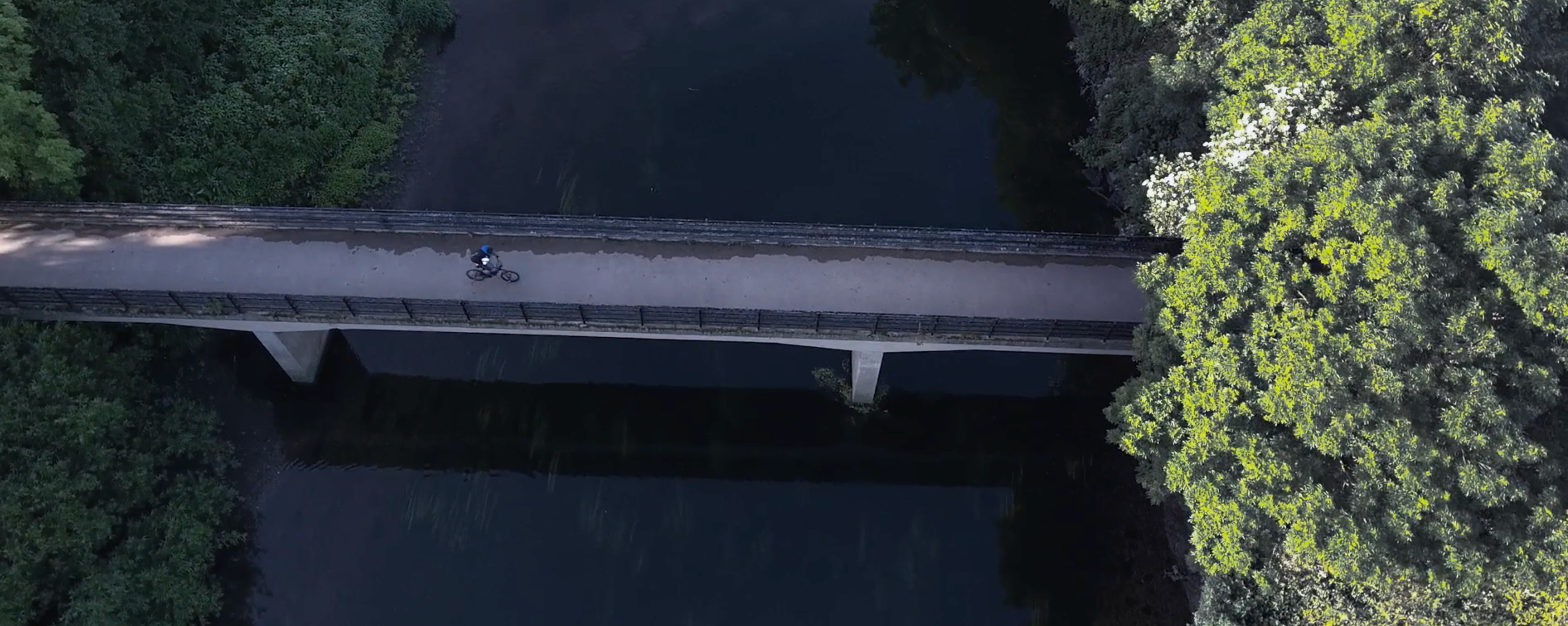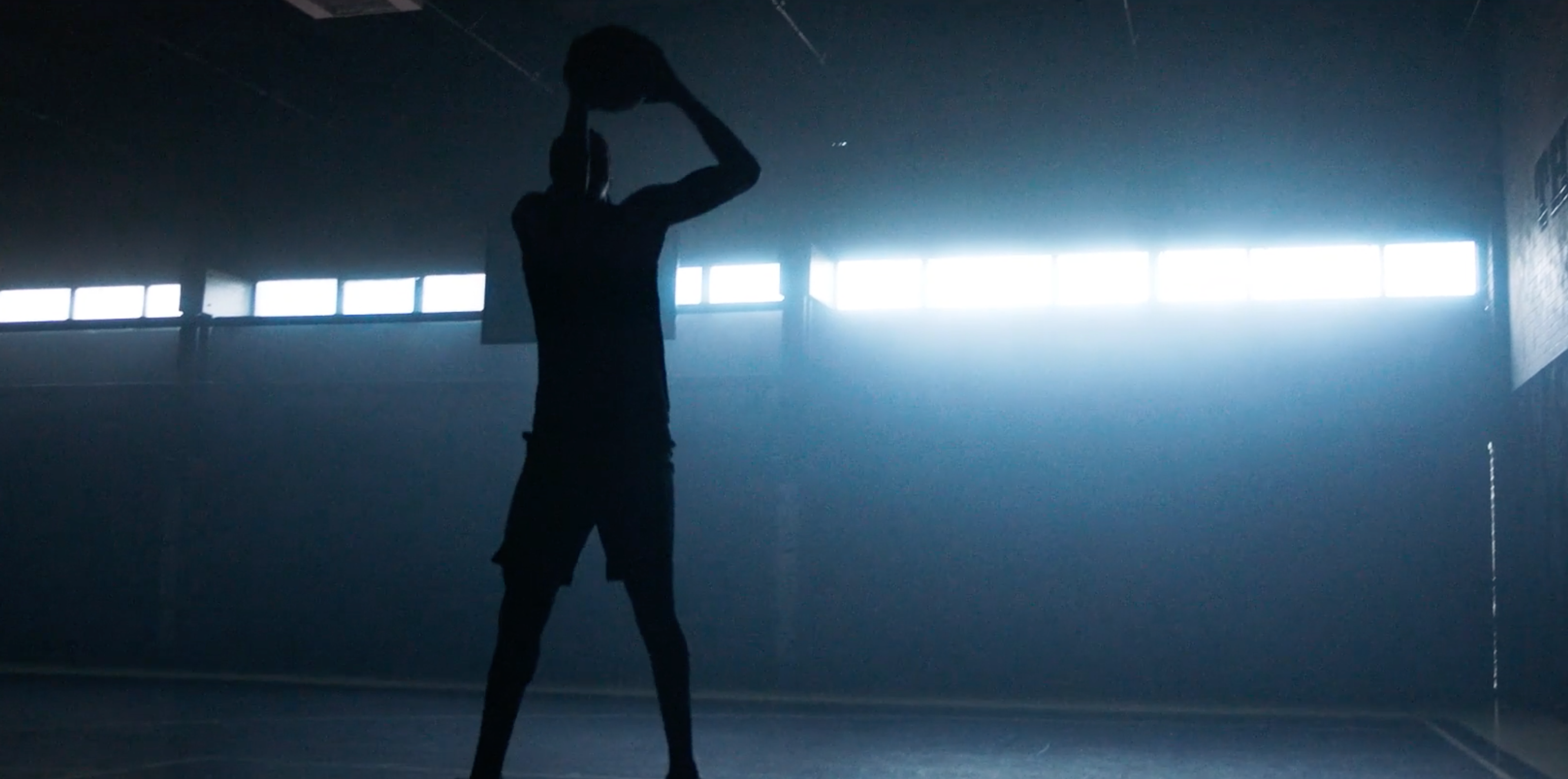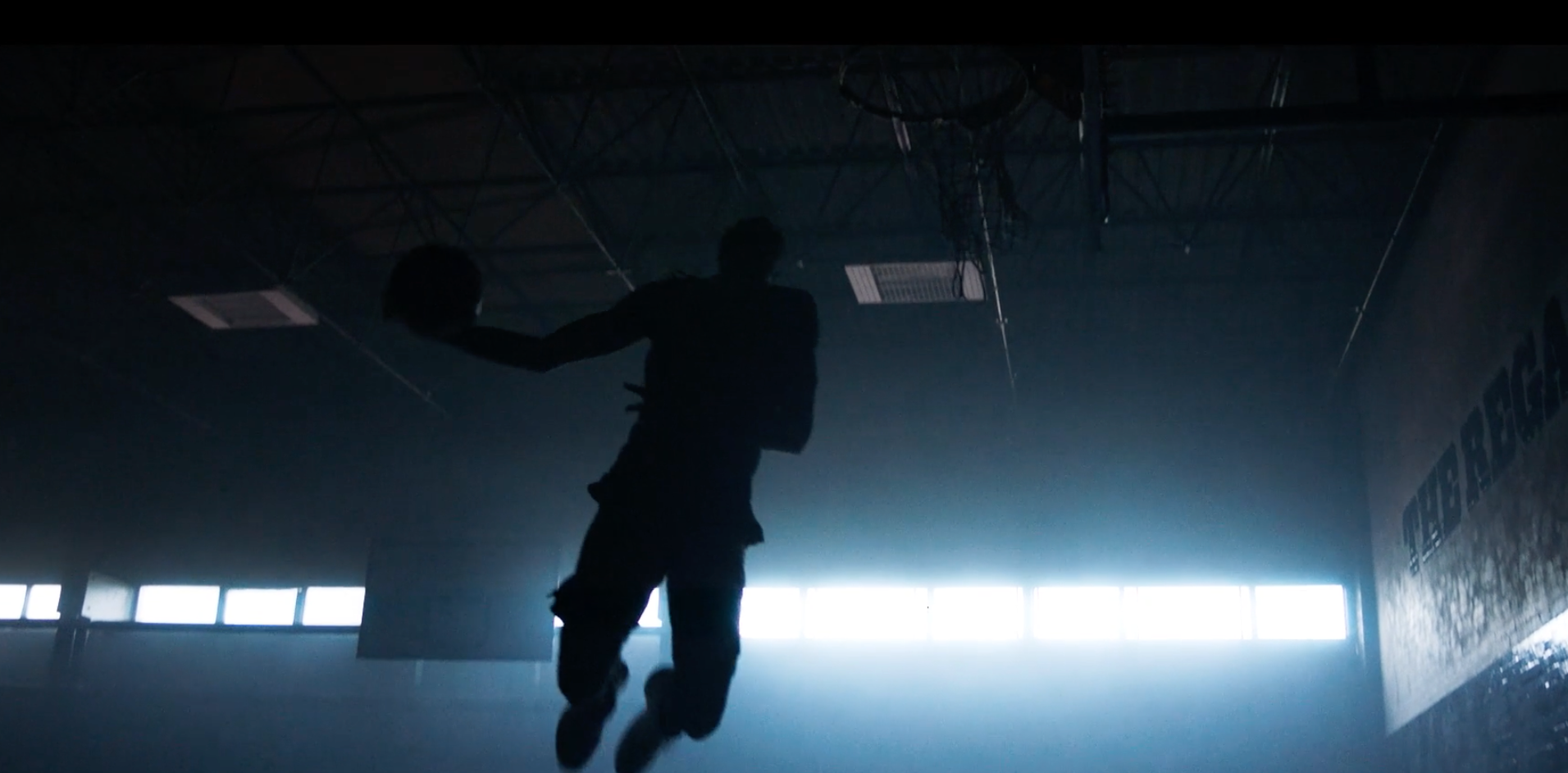MPH Film produced this short documentary-film for GIVEMESPORT’s THE TEN, telling the inspiring story of a GB Basketball star in the making. The film follows Kayne Henry-McCalla, who pursued his lifelong ambition to become a world-class basketball player — a goal realised in 2017, when he was selected to represent Great Britain at the Under-18 European Championship.
Directed by David Leon, the film offers an intimate and powerful perspective on the dedication, resilience, and relentless drive required to succeed at the highest level of sport. Through authentic storytelling and carefully crafted visuals, the film celebrates how ambition, determination, and belief can transform aspiration into achievement.
Henry's story...
by Max Whittle
SENIOR WRITER at GMS
Henry-McCalla was born in St. Mary’s Hospital, Westminster, on the 28th of February 1999 to Sandra and Leroy. Given a very brief chance to adapt to his surroundings he was already moving to Smethwick in Birmingham - a city that now has a very good basketball infrastructure - in his earliest years. The second city was indeed a tough training for a youngster who hadn't yet found his calling.
“I was with my older brother but he didn't live with me”, Henry-McCalla said.
“It was a kind of only child lifestyle and although I would see him sometimes when he came over, it was mainly just a feeling of loneliness. That’s the memory I have.”
The brother he mentions is Dalentino, now 22, and that sense of loneliness is no more. The brothers moved back to London in 2007 - not before a stop in Italy for Kayne - and their team of two became three when baby Lorenzo arrived. With one brother to look after and another to prove yourself to, there isn't much time for rest. Henry-McCalla hadn’t had much leading up to that point either.
“While in Italy I actually spoke Italian pretty well”, he said.
In a country that calls the likes of Danilo Gallinari, Andrea Bargnani and Mike D’Antoni their own, that was surely where the basketball journey began?
“Italy was actually just for family reasons and the language was the one skill I brought back. It wasn't until I got to London that I started playing. I was seven or eight years old and a man who would become such a big part of my basketball journey, Patrick Avorkliyah, came to my primary school. I enjoyed the session and he spoke to my mum about going to club sessions.”
Henry-McCalla’s mother, Sandra, was a long and high jumper back in school and it’s where he believes his athletic prowess comes from.
“I grew up with my parents but mainly with my mum because my dad was working all the time as a barber. My mum was a teacher but also usually the one who took me to my sessions.”
There was a day when Avorkliyah made his way to the school in the pouring rain, expecting a rather subdued practice. When he arrived, the rain was hammering onto the school playground, the sound from inside his car the one outdoor activists dread. He parked his car and looked ahead to see only one boy shooting in the rain and dribbling a ball that might as well have been a bar of soap. It was Henry-McCalla, and he wasn't rushing to get back inside.
“I remember playing in the rain. That’s one thing I won’t ever forget.”
Most NBA players have a story of shovelling snow on the driveway just so they could get jumpers up, mimicking the game-winning shots of their favourite stars. Henry-McCalla replaced snow with rain and there seems a much more genuine connection with playing the sport in its entirety.
“My first memory of basketball was just taking a deep interest in the game”, Henry-McCalla said.
“I didn't have a sporting hero growing up and I had no favourite team either.” He laughs, hearing himself say something that must sound ridiculous for an athlete.
Henry-McCalla’s mother, Sandra, was a long and high jumper back in school and it’s where he believes his athletic prowess comes from.
“I grew up with my parents but mainly with my mum because my dad was working all the time as a barber. My mum was a teacher but also usually the one who took me to my sessions.”
There was a day when Avorkliyah made his way to the school in the pouring rain, expecting a rather subdued practice. When he arrived, the rain was hammering onto the school playground, the sound from inside his car the one outdoor activists dread. He parked his car and looked ahead to see only one boy shooting in the rain and dribbling a ball that might as well have been a bar of soap. It was Henry-McCalla, and he wasn't rushing to get back inside.
“I remember playing in the rain. That’s one thing I won’t ever forget.”
Most NBA players have a story of shovelling snow on the driveway just so they could get jumpers up, mimicking the game-winning shots of their favourite stars. Henry-McCalla replaced snow with rain and there seems a much more genuine connection with playing the sport in its entirety.
“My first memory of basketball was just taking a deep interest in the game”, Henry-McCalla said.
“I didn't have a sporting hero growing up and I had no favourite team either.” He laughs, hearing himself say something that must sound ridiculous for an athlete.
Yet he really didn't know what kind he was because he never paid any attention.
“I honestly didn't know how good I was, but there was an element of forcing out the noise.
Coaches and other people would always say to my mum ‘your son is special, he’s really good’, but it took me some time to process.
“At 16, I started to realise that I was a good player. I started dominating my opponents my first year in college and in my second, which I just finished, it just took off.”
Once things get a little easy you can either enjoy that dominance or test yourself against better competition. In order to get recruited and get to the US, a goal Henry-McCalla admits was “decided at an early age and the only option for me”, he had to get his name out there more.
The process began at Deng Camp, the basketball camp run by NBA and Team GB star Luol Deng. When you walk into the Crystal Palace National Sports Centre in south London, the first thing your eyes latch on to are the #DENGTOP50 signs which circle all three courts. Every camper is graded by coaches and given a ranking at the end based on performance. Last year, Henry-McCalla finished third.
“I was then essentially ranked third in the country”, he said.
An offer to play at a Junior College - institutions for athletes who typically need to improve their grades before making the leap to four-year universities - in Texas was extended by one of the camp coaches, but Henry-McCalla was unable to go because they weren't accepting any more postgraduates. It kickstarted a year of career performances at club level in the UK and then his first tournament for Great Britain at the under-18 European Championships.
“I went to England Camp when I was 15 but I didn't make the cut for the first two years. This summer was my first time representing GB [the federation merged this year] and we did very well.”
They did indeed. Team GB finished second out of 24 teams in Division B, beaten in overtime by Croatia in the final. Having spent time in Italy, the experience of living abroad “didn’t bother” Henry-McCalla because one of his favourite things to do in the sport is bond with new people and get away from things at home.
“I like new starts and gelling with others”, he said.
The international performance that put him firmly on the map was a 35-point outburst against Luxembourg in the group phase. It was a showcase of left-handed dunks, right-handed dunks, steals turning to fast break points and corner three-pointers. Describing himself as a position-less, speedy player who let’s his on-ball defence kickstart his offence, the boy who stands 6’ 6”, has a 6’ 10” wingspan and 28-inch vertical is able to take himself to another level.
“Towards the last two minutes, I looked up at the scoreboard and said ‘wow, did I just do that?’. I was getting carried away.”
In the end, the original Junior College that offered him a place did the great deed of recommending him to another ‘JuCo’ in the same state of Texas, a place called San Jacinto where Henry-McCalla now finds himself calling home and Scott R. Gernander his new head coach. On last year’s roster, ‘San Jac’ had players from Nigeria, Senegal and the Bahamas on their roster; now the UK has come calling.
“I want to go there just to take the next level up to see what it’s like. The whole reason people go to JuCo is to get to Division 1 schools, so I’m not expecting to make really close friends. Everyone is trying to get their spot. I’m just focused on what I do best, staying out of trouble and getting to D1.”
From his home near Shepherd’s Bush, Henry-McCalla packed two suitcases the night before departing for the Lone Star State on the 28th of August, with classes beginning four days later.
He was well-prepared for his American adventure thanks to his best friend, Nelson.
“He was on the GB team with me but we joined Westminster at a very similar time when we were younger. We kind of grew up together playing basketball and although the games weren’t that high in number, we just trained a lot together.”
Henry-McCalla stops for a second, realising what he is about to say.
“We progressed throughout the years and are now trying to make our dream a reality. He’s in Connecticut and has one year more of high school before going to a Division 1 school. I always ask him what I need to do to prepare for the American style of play and what it’s like out there.”
Nelson’s answer?
“He told me how much faster it is, how hungry the players out there are.”
Henry-McCalla plans to watch a lot more college basketball to understand the level and what adjustments he needs to make, and was quick to say he needs to work on his ball handling, basketball IQ, strength and slowing down his ‘one-speed mode’.
From getting up shots in Ravenscourt Park to running drills at St. George’s school in south Kilburn with Jimmy Markham - the other coach he credits for getting him to this point - it will be a different world entirely.
But isn't that exactly what he always wanted? Henry-McCalla says he will miss his family, but plans to return so he can put smiles on the faces of those he loves.
Before throwing in the final pair of socks for the trip, he asks that he can send on an important message to every young baller in the UK hoping to emulate his path.
Henry-McCalla then wastes no breath coming to a career prediction.
“I do see myself in the NBA. I just have to work hard for it.”
